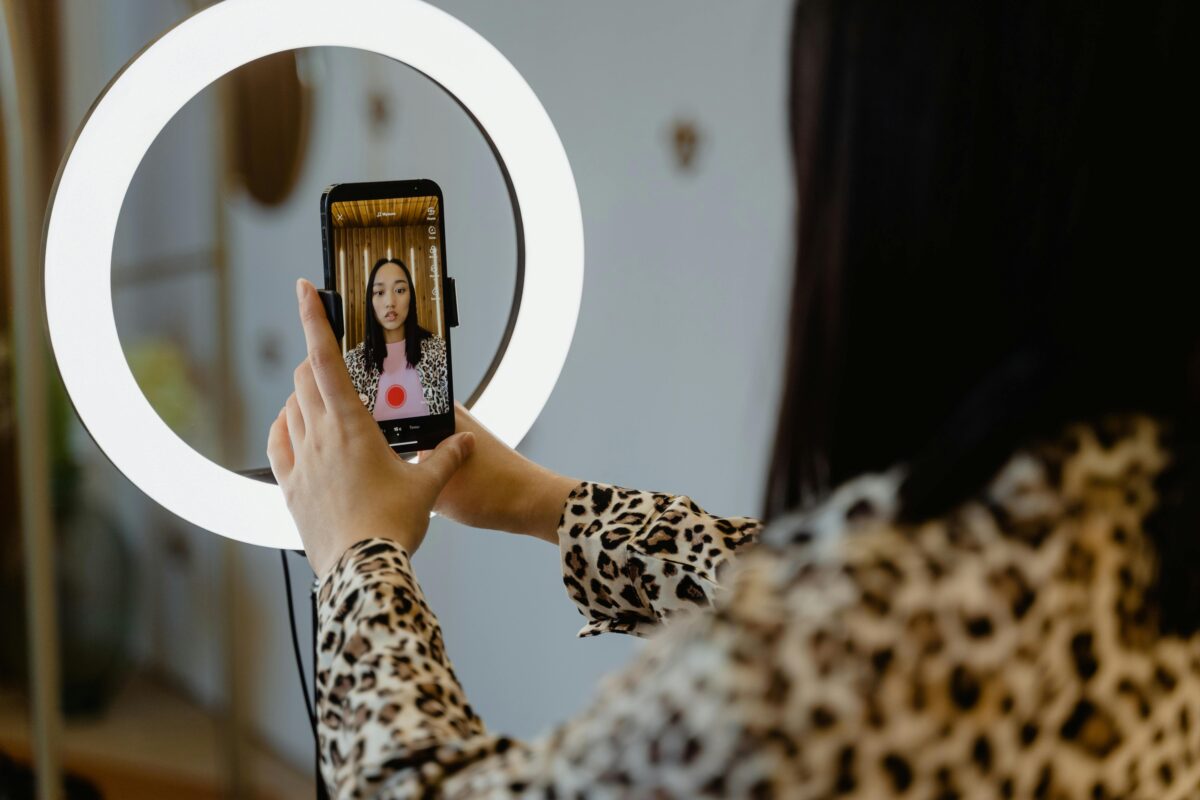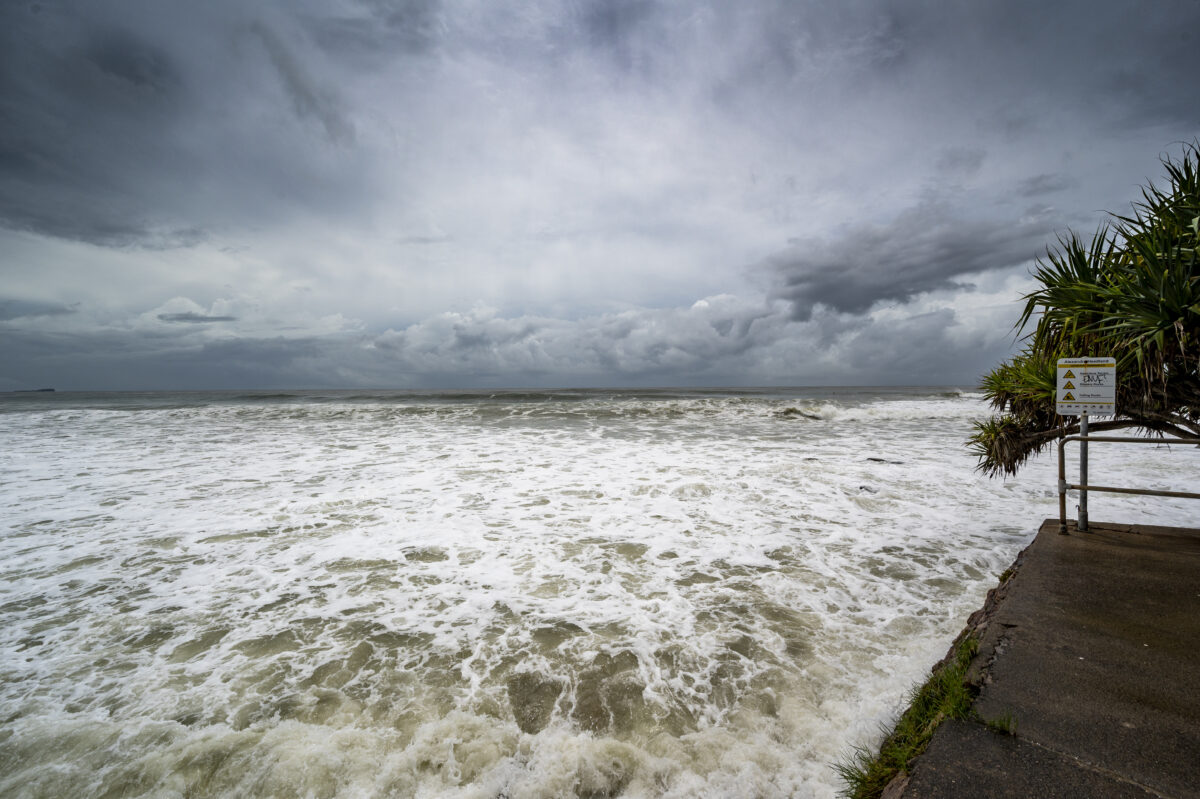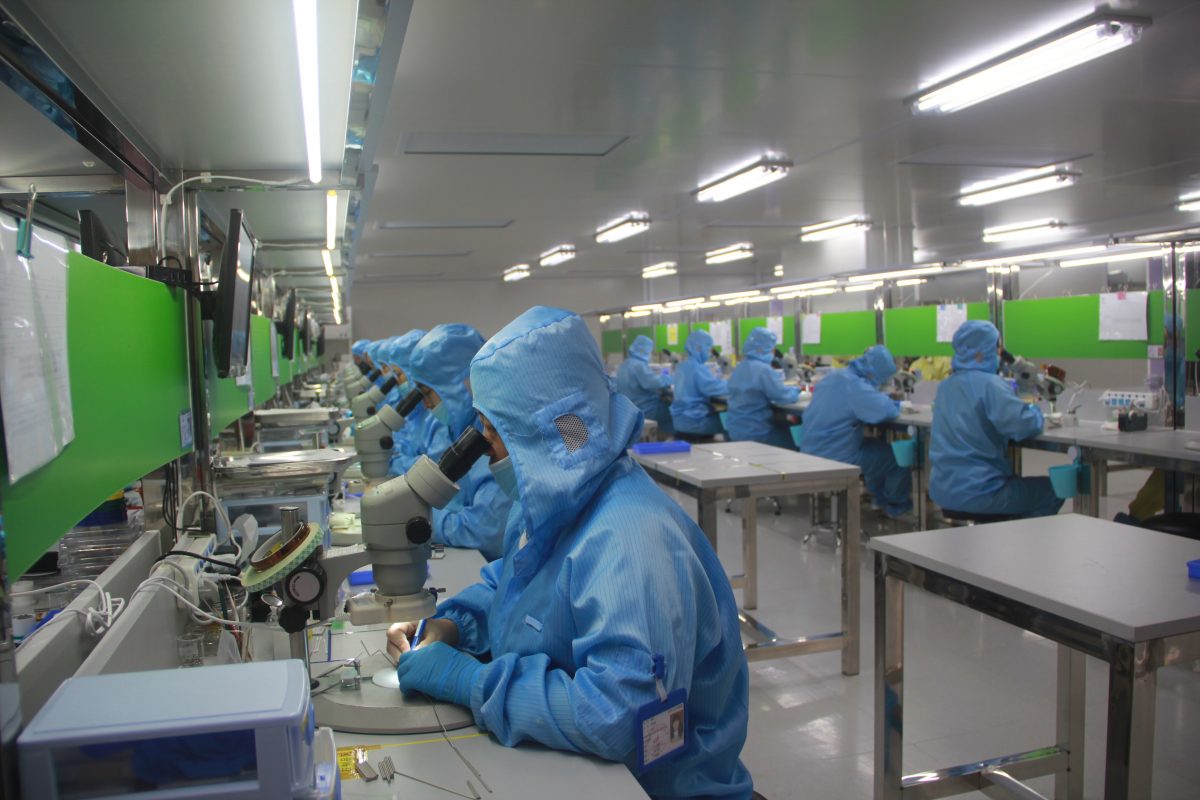Off the beaten track, Coline Dournes (class of 2011) cycles on the dual carriageways of interculturality.
On 11th May, Coline finished her round the world trip, spanning 26 months, thereby bringing together her passions: travelling by bicycle, meeting people and cooking. With her friend Jonathan, she left for South America on 5th March 2017 and travelled all the way to Colombia. She then continued alone to cover South-East Asia, central Asia, Caucasus and Europe. Coline took a “crêpe” (pancake) pan and her grandmother’s whisk. She explains: “During my previous travels, I realised how important cooking was in bringing people together and creating bonds. I chose the ‘crêpe’, a dish which is easy to cook and to adapt.” Every time Coline met people, she shared her “crêpes” with her hosts and suggested that they create a filling which reflected their culinary traditions. As a result, she has collated over 70 unique recipes.
During the course of her journey, Coline spent 222 nights staying in private homes and each time, her approach was to contribute something in exchange for receiving their kindness. “When you give something in exchange for something else, it does not necessarily have to be something material or financial” she explains. “People just wanted to spend time with me. What made them the happiest, was that I spoke their language.” As a result, during her journey, Coline learnt Spanish, Russian, Thai, Lao, Turkish and Italian. Of course, she already spoke English which she had improved during her time at EM Normandie, where she also picked up the tools she needed to prepare for her trip. “Above all else, Cook & Cycle was a form of project management and that is what I learnt at EM Normandie. I lived the whole experience 300% and that has helped with my self-confidence.” Her relationships have lasted through the Alumni network which supported her crowdfunding campaign, promoted her project and passed on all her news.
Following a motorbike accident in 2004, Coline was told she would never again be able to do any sport. Refusing to give in to this inevitability, she managed to give her “cardboard” knee the strength to pedal. On her bike, Coline has travelled paths leading to places no-one has ever been to. “In 99% of the areas I travelled through, small villages or isolated hamlets, people had no idea about other cultures. I may have learnt an awful lot through meeting these people, people who will never travel themselves, but they were always curious about my culture too.” Coline’s ability to create a climate of trust which enabled exchanges and encouraged interest in our culture, most probably stems from her gentle approach to “foreign” and “foreigners”. As Coline points out, cycling “contributes enormously to removing differences related to wealth” and enables you to turn up “in a simple manner, on the most universal form of transportation”. And when we ask her what it means to be a “foreigner”: “it means having nothing that you can recognise, where everything is always new. We contribute our own peculiarities whilst adapting ourselves to those of others. I benefit as much as they do.” Coline appears to hold one key to soft power: through universal values as cycling and cooking, she encourages cultural dialogue and shares the individuality of our own culture.
Interview by Marie Luc Mâlet




